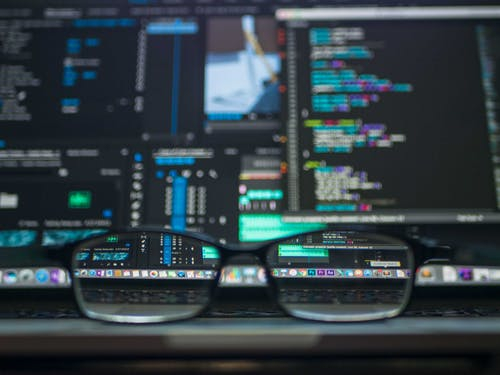How do I prevent computer viruses?
Preventing computer viruses from infecting your computer starts with situational awareness. "Situational awareness is something law enforcement and militaries have practiced for decades. It refers to a police officer or a soldier's ability to perceive threats and make the best decision possible in a potentially stressful situation," said Malwarebytes Head of Security, John Donovan.
"As it applies to cybersecurity, situational awareness is your first line of defense against cyberthreats. By staying on the lookout for phishing attacks and avoiding suspicious links and attachments, consumers can largely avoid most malware threats."
Regarding email attachments and embedded links, even if the sender is someone you know: viruses have been known to hijack Outlook contact lists on infected computers and send virus laden attachments to friends, family and coworkers; the Melissa virus being a perfect example.
If an email reads oddly, it's probably a phishing scam or malspam. When in doubt about the authenticity of an email, don't be afraid to reach out to the sender or TQI as your managed services provider. A simple call or text message can save you a lot of trouble.
Next, invest in good cybersecurity software. We've made a distinction between computer viruses and malware, which now begs the question, "Do I need antivirus software or anti-malware software?" We've covered this topic before in great detail so checkout our blog or call TQI Support at 877.423.7224. For now, though, here's a quick gloss on the subject.
Antivirus (AV) refers to early forms of cybersecurity software focused on stopping computer viruses. Just viruses. Anti-malware refers to all-encompassing threat protection designed to stop old-fashioned viruses as well as today's malware threats. Given a choice between traditional AV with limited threat detection technology and modern anti-malware with all the bells and whistles, invest in anti-malware and rest easy at night.
As mentioned previously in this piece, traditional AV solutions rely on signature-based detection. AV scans your computer and compares each and every file against a database of known viruses that functions a lot like a criminal database. If there's a signature match, the malicious file is thrown into virus jail before it can cause any damage.
The problem with signature-based detection is that it can't stop what's known as a zero-day virus; that is, a virus that cybersecurity researchers have never seen before and for which there is no criminal profile. Until the zero-day virus is added to the database, traditional AV can't detect it.
TQI Managed Services prefers multi-vector protection which combines several forms of threat detection technology into one malware crushing machine. Among these many layers of protection, heuristic analysis looks for telltale malicious behavior from any given program. If it looks like a virus and behaves like a virus, then it's probably a virus.
How do I remove computer viruses?
Going back to our virus analogy one final time—removing a virus from your body requires a healthy immune system. Same for your computer. A good anti-malware program is like having a healthy immune system. As your immune system moves through your body looking for and killing off invading viral cells, anti-malware scans for files and malicious code that don't belong on your system and gets rid of them.
If you are not protected or have concerns, please connect with us at www.TQI.Solutions. Our Managed Services team will help you!

